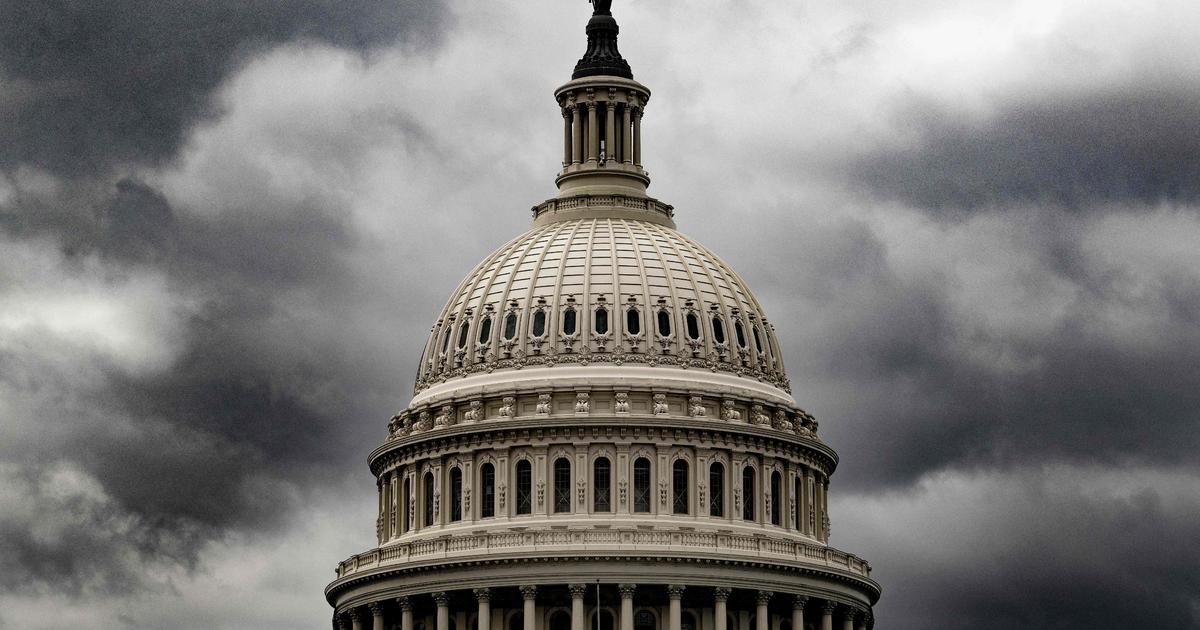Last month, Congress resolved a funding fight by approving two bills to keep the government open and avoid a shutdown. However, this process of approving annual spending bills has historically been delayed in Washington. In 2022 and 2018, the process stretched into March, and in 2017, it was not resolved until May. This time, Republican lawmakers in the House made efforts to limit spending and take up funding bills individually, which ultimately led to a compromise on funding packages.
The traditional funding pattern in Congress involves approving government spending in omnibus bills before holiday breaks, leaving little time for thorough review. The recent spending package sailed through Congress with little change in the process, despite efforts to split it into two bills and set deadlines. The budget process is outlined in the Congressional Budget and Impoundment Control Act of 1974, involving the president submitting a budget in February, and Congress passing a budget resolution by mid-April.
Recent years have seen Congress struggle to adhere to the outlined budget process, often resorting to continuing resolutions and omnibus packages to fund the government. The threat of a shutdown has been used to pass large spending bills with attached priorities. Shutdowns are costly economically and politically, leading to low approval ratings for Congress. Lawmakers have strong incentives to avoid shutdowns due to their negative impacts.
House conservatives played a key role in delaying the passage of funding packages by pushing for individual bills and spending cuts. The Republican leadership struggled to navigate the demands of conservatives and the need to fund the government. Despite attempts at reforming the appropriations process, little change was ultimately achieved. Efforts for reform and potential changes in the appropriations process have been discussed, including proposals for zero-based budgeting and involving more members in the process.
Looking ahead, the appropriations process for the next funding deadline in September is already behind schedule. Factors such as the upcoming election season and potential party control shifts may further delay the process. Lawmakers are urged to learn from past experiences and work towards crafting bipartisan bills to benefit the country. Despite the challenges faced in the appropriations process, there is hope for potential reforms and improvements in the future.









